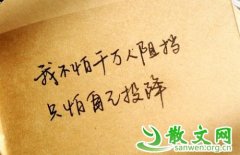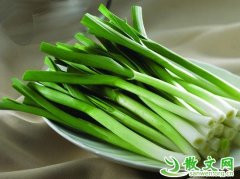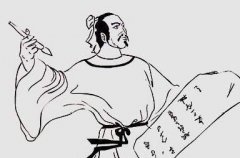Of Studies
Studies serve for delight, for ornament, and for ability. Their chief use for delight, is in privateness and retiring; for ornament, is in discourse; and for ability, is in the judgement and disposition of business. For expert men can execute, and perhaps judge of particulars, one by one; but the general counsels, and the plots and marshaling of affairs, come best from those that are learned.
To spend too much time in studies, is sloth; to use them too much for ornament, is affectation; to make judgement only by their rules, is the humour of a scholar.They perfect nature, and are perfected by experience: for natural abilities are like natural plants, that need pruning by study; and studies themselves do give forth directions too much at large, except they be bounded in by experience. Crafty men contemn studies, simple men admire them, and wise men use them; for they teach not their own use; but that is a wisdom without them, and above them, won by observation. Read not to contradict and confute; nor to believe and take for granted; nor to find talk and discourse; but to weigh and consider. Some books are to be tasted, others to be swallowed, and some few to be chewed and digested; that is, some books are to be read only in parts; others to be read, but not curiously; and some few to be read wholly, and with diligence and attention. Some books also may be read by deputy, and extracts made of them by others; but that would be only in the less important arguments, and the meaner sort of books; else distilled books are like common distilled waters, flashy things. Reading makes a full man; conference a ready man; and writing an exact man. And there fore, if a man write little, he had need have a great memory; if he confer little, he had need have a present wit; and if he read little, he had need have much cunning, to seem to know that he doth not. Histories make men wise; poets, witty; the mathermatics, subtile; natural philosophy, deep; moral, grave; logic and rhetoric, able to contend: Abeunt studia in mores. Nay, there is no stond or impediment in the wit, but may be wrought out by fit studies.
论读书
--培根
读书可以作为娱乐,作为装饰,作为能力的培养。娱乐的作用通常见于离群独处时;装饰的作用体现在高谈阔论中;至于才能,则表现在裁处事务上。行家里手虽能事无巨细--予以处理或判明是非,但运筹全局、合理谋划则少不了茂士英才。读书费时过多,无异于懒惰;装饰之用过滥,显得矫揉造作;办事只知照本宣科,实为书呆子气。读书弥补天性的缺陷,经验又弥补读书的不足:人的天性犹如自然的花木,需要学习予以整枝培育;读书自身无边无际,需要经验予以制约。取巧者蔑视学问,无知者羡慕学问,明智者运用学习;因为学问本身并没有教人如何运用;运用的智慧不在书中,而在书外,全凭观察所得。读书时不要与作者作对,不要诘难他;但也不要轻信,以为书上什么都对;更不要寻章摘句,用来炫耀;而应该着意掂量,仔细斟酌。有的书可供品尝,有的书只能吞食,少数的应该细细咀嚼,-一消化;那是说,有的书只需读其中一部分;有的书用不着读得太认真;但少数好书则需要认真细致地通读。有的书还可以请人代读,取其摘要就行;但这只限于不甚重要的论述和次等书籍;否则,经过摘录的书犹如经过蒸馏的水,变得淡而无味了。读书使人充实;交谈使人机敏;摘录使人精确。因此,一个人读书时如果很少摘录,则需有超群的记忆;如果他很少与人交谈,则应有随机应变之才;如果他很少读书,则需要取巧有术,让人觉得他并非孤陋寡闻。历史使人聪明;诗歌使人机智;数学使人精密;哲理使人深刻;道德使人正经;逻辑与修辞使人能言善辩:总之,读书能陶冶人的性情。读书得当,决不会使人心智受损,只会益智增才。








